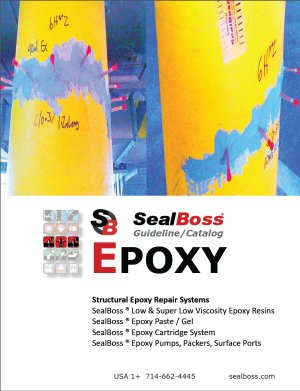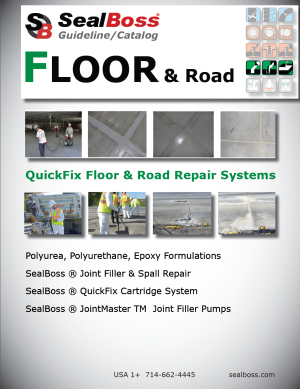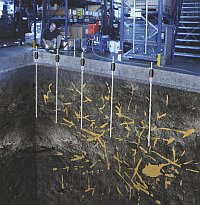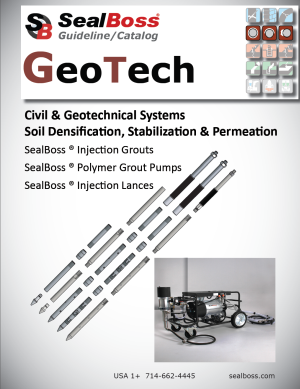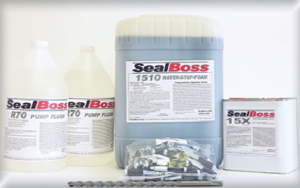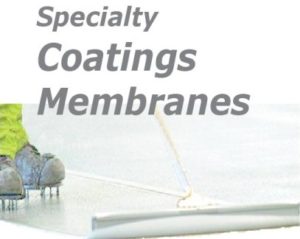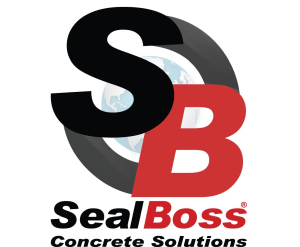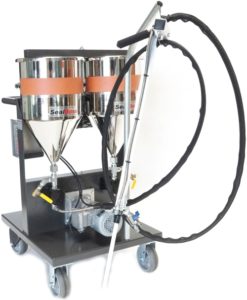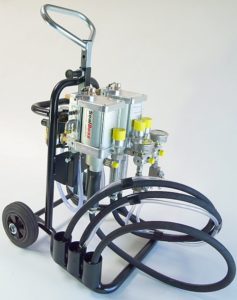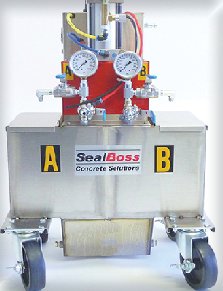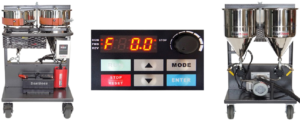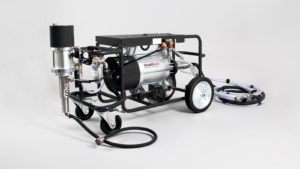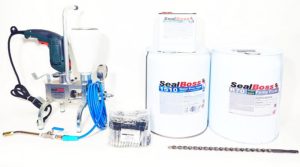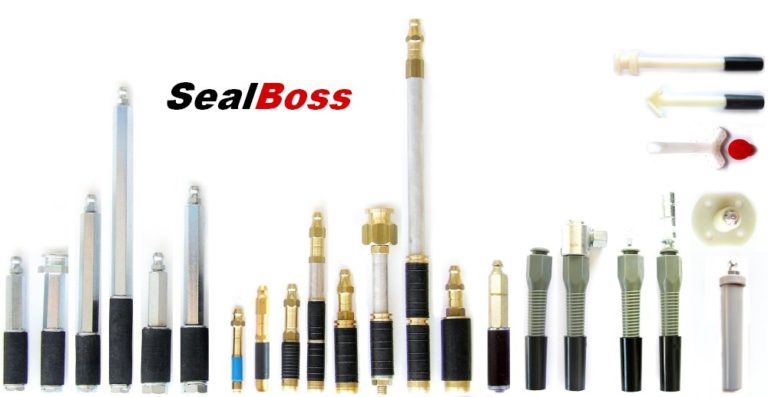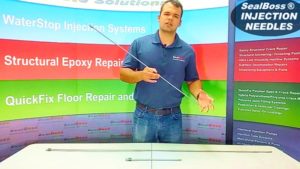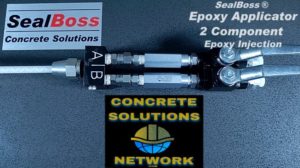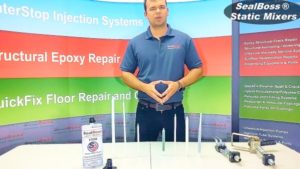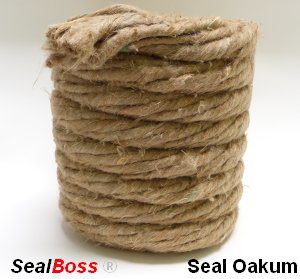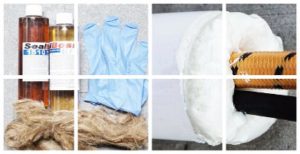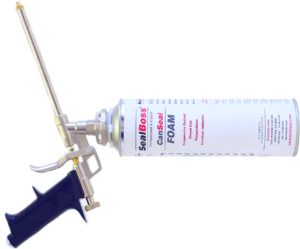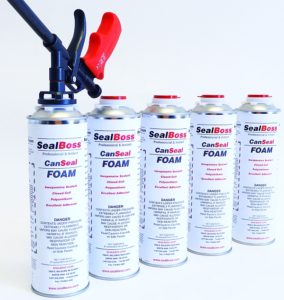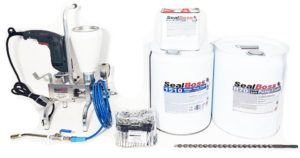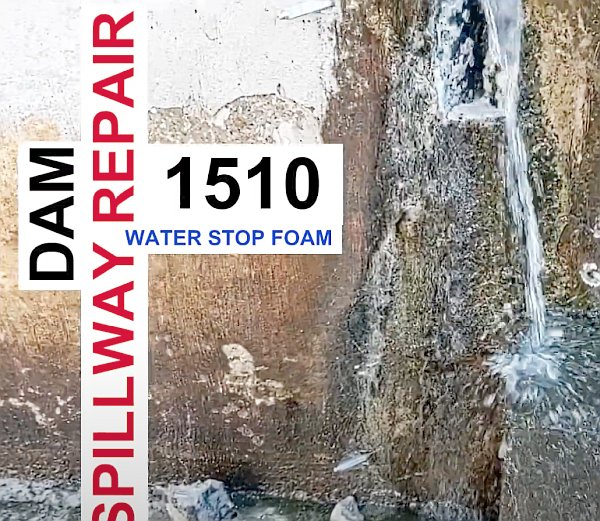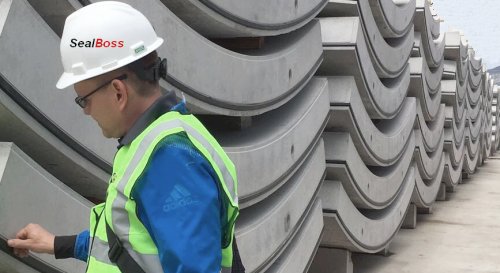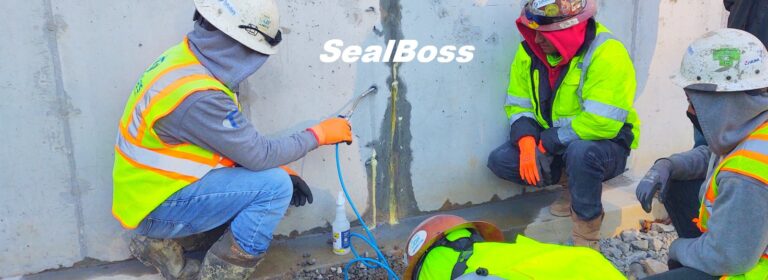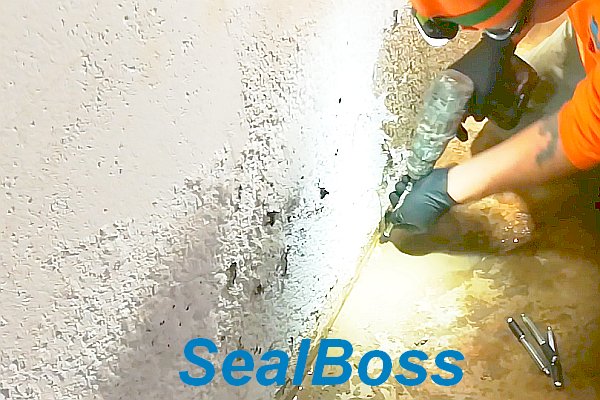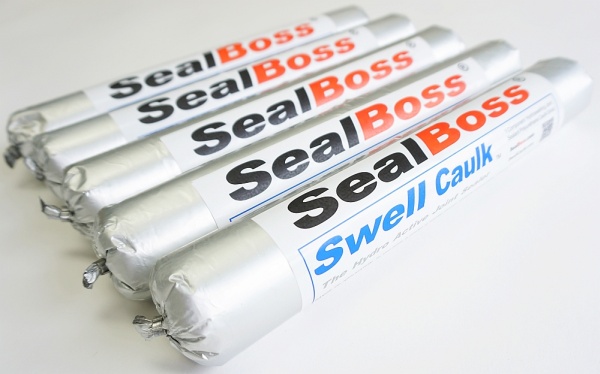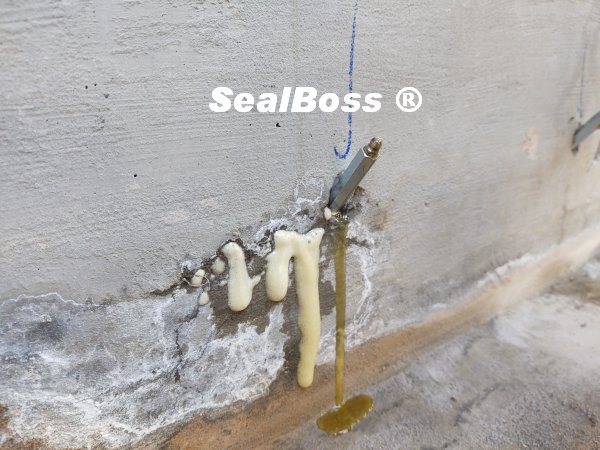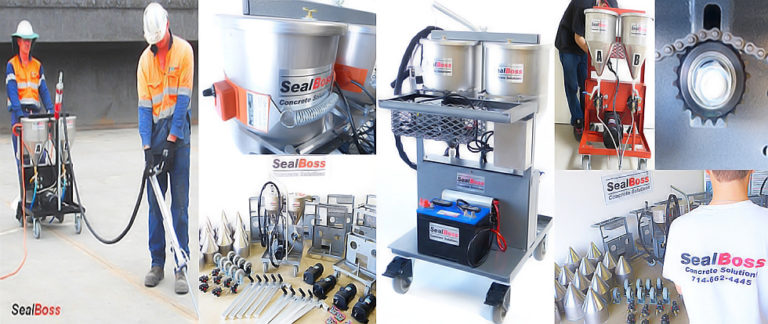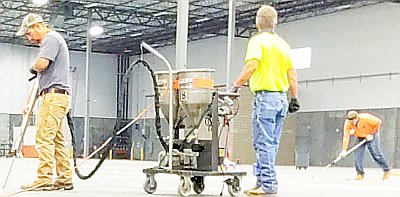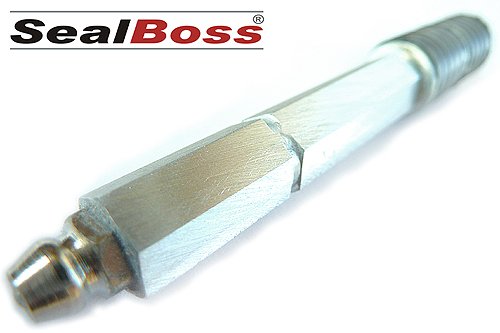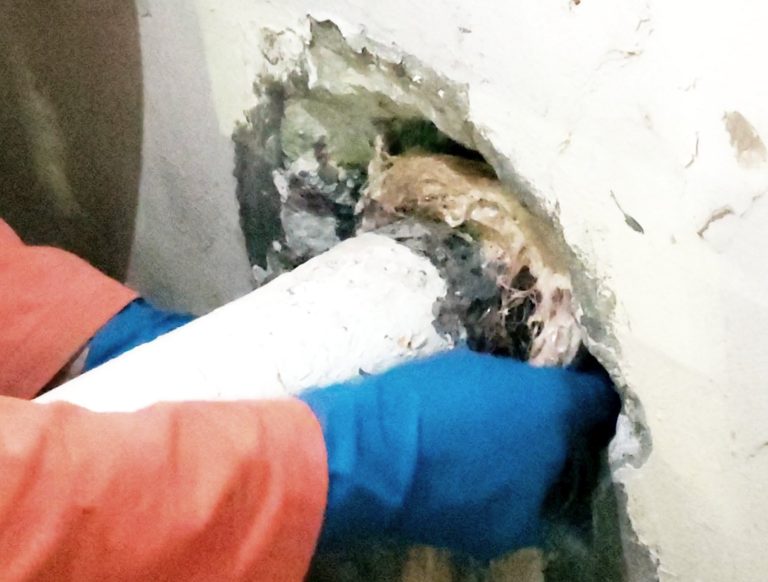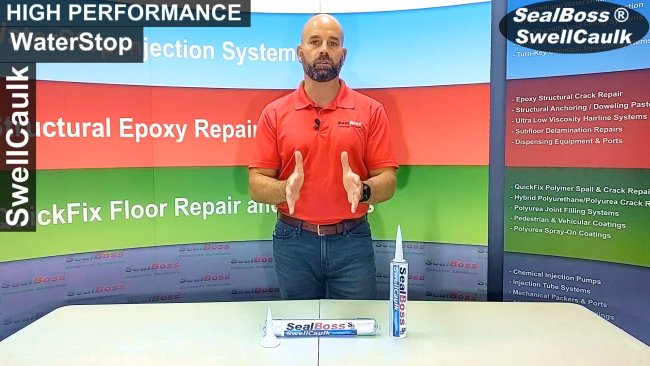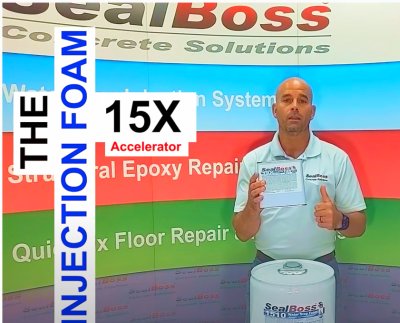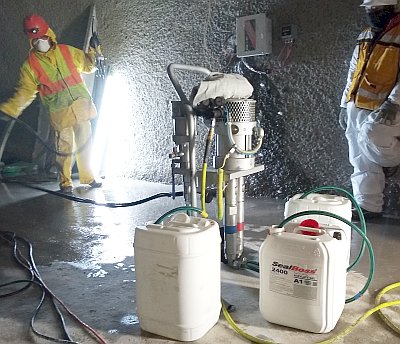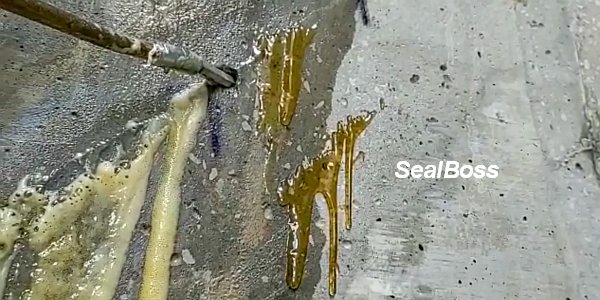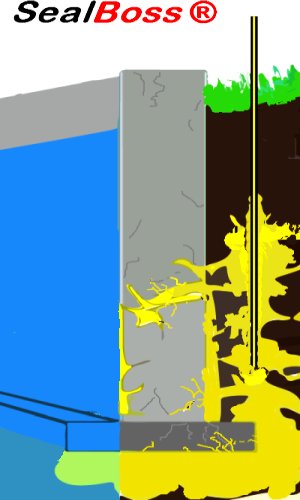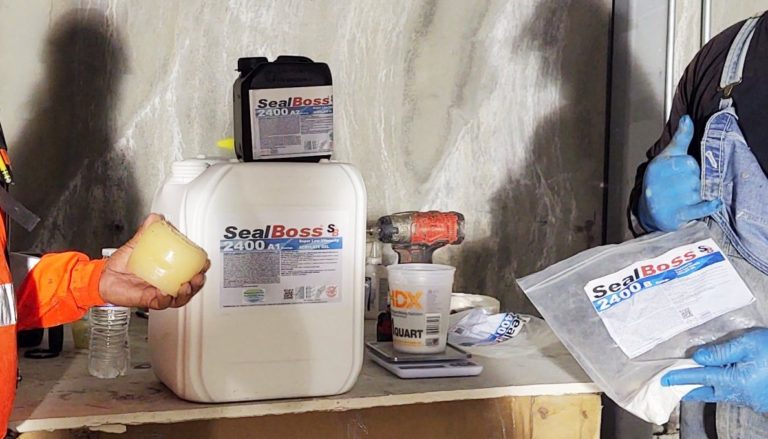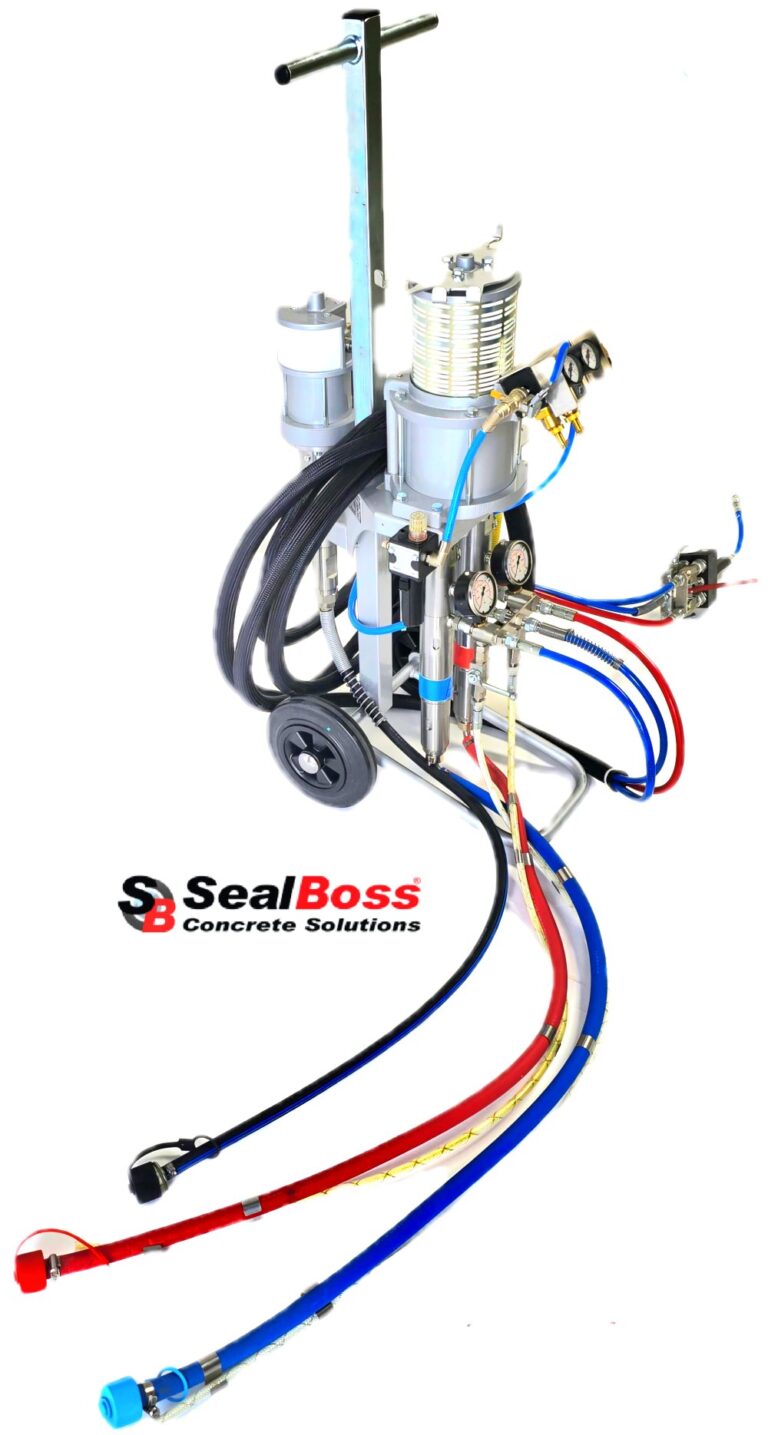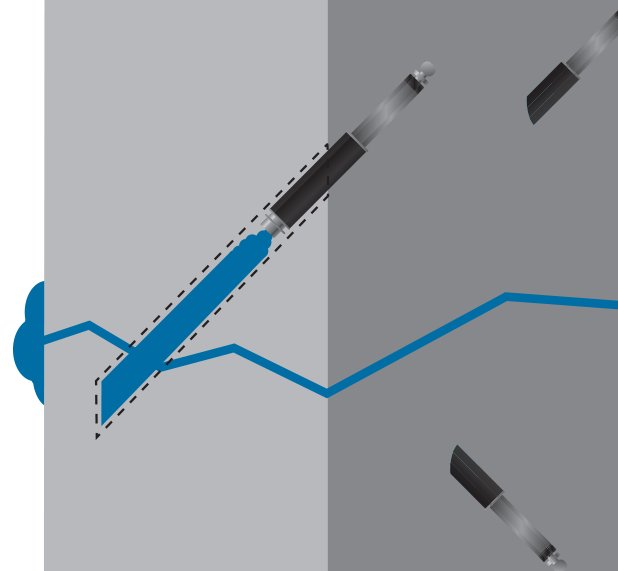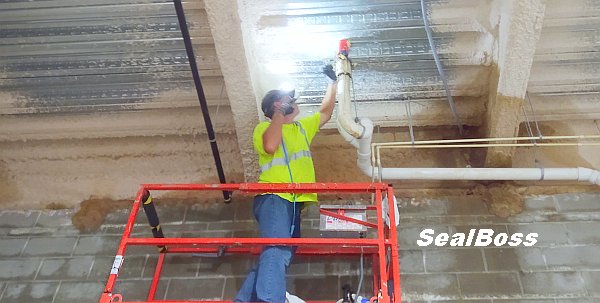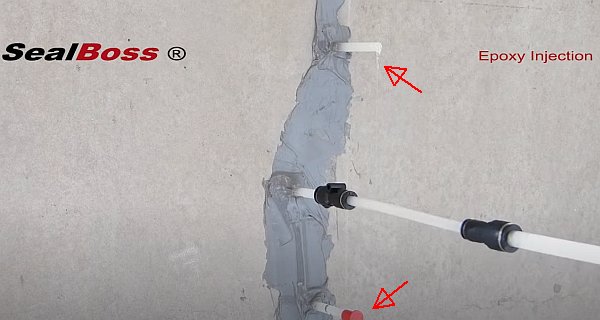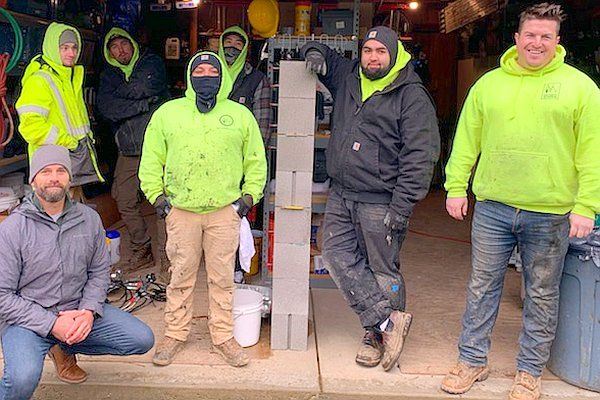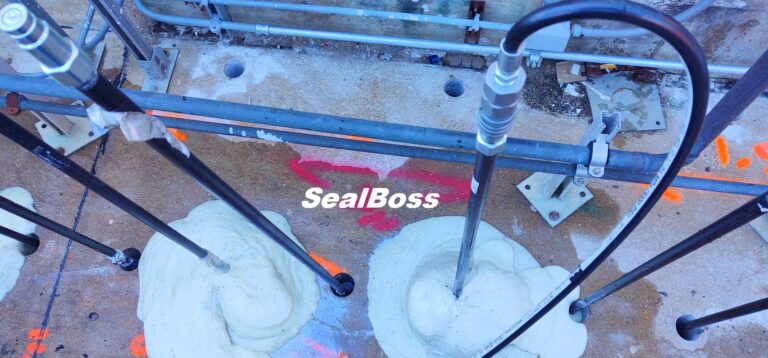Dynamic Cone Penetrometer Soil Strength Test | DCP
What is Dynamic Cone Penetration ?
Dynamic Cone Penetration testing is a procedure utilizing a Dynamic Cone Penetrometer (DCP) to determine the geotechnical engineering properties of soils by measuring in-situ soil strength and recording the thickness and vertical location of subsurface soil layers of higher or lower density.
What is the difference between Dynamic Cone Penetrometer (DCP) testing and Cone Penetrometer Testing (CPT) ?
Dynamic Cone Penetration Testing is similar to the more elaborate CPT. In both procedures a metal cone is vertically driven into the ground to continuously measure soil behavior. Unlike in CPT, where the cone is driven into the ground at a constant rate by varying amounts of force, in Dynamic Cone Penetration testing the cone is driven by a standardized amount of force from a mechanical hammer.
Dynamic Cone Penetration testing | Portable & Affordable
Dynamic Cone Penetration testing is performed with an efficient, very effective, less expensive and much smaller system than CPT. Basic DCP equipment is portable and permits soil testing to depths of several feet – this makes it a good choice for soil testing prior to slab lifting and polyjacking applications.
Dynamic Cone Penetration testing (DCP) | Equipment
The DPM 30 penetrometer, an affordable and portable system, is equipped with a 30 kg (66 pound) hammer with a 200 mm (7.87 inch) stroke and operated by a hydraulic motor. It is driven by either an electric or gas powered motor-pump unit. A hydraulic extractor is used to extract rods, lining tubes and samplers. The penetrometer is pedal-operated.
To measure soil density, the operator simply counts the number of blows it takes to drive the steel cone in ten centimeter increments. Typically, soil strength of sufficient density requires 1 hammer blow per centimeter or 10+ blows of the hammer to drive the cone 10 centimeters deeper.
In order to determine soil strength prior to a polymer lifting job, multiple tests should be performed, spread out evenly over the area up to a predetermined depth or to refusal when hammer blows no longer cause measurable movement. The test results will determine where potential weak soil conditions may be present and soil stabilization procedures can be performed to address weaker layers accordingly.
Please don’t hesitate to contact us here at Sealboss for more information about our extensive injection products, as well as recommended soil testing equipment. Your representative will be happy to assist.




